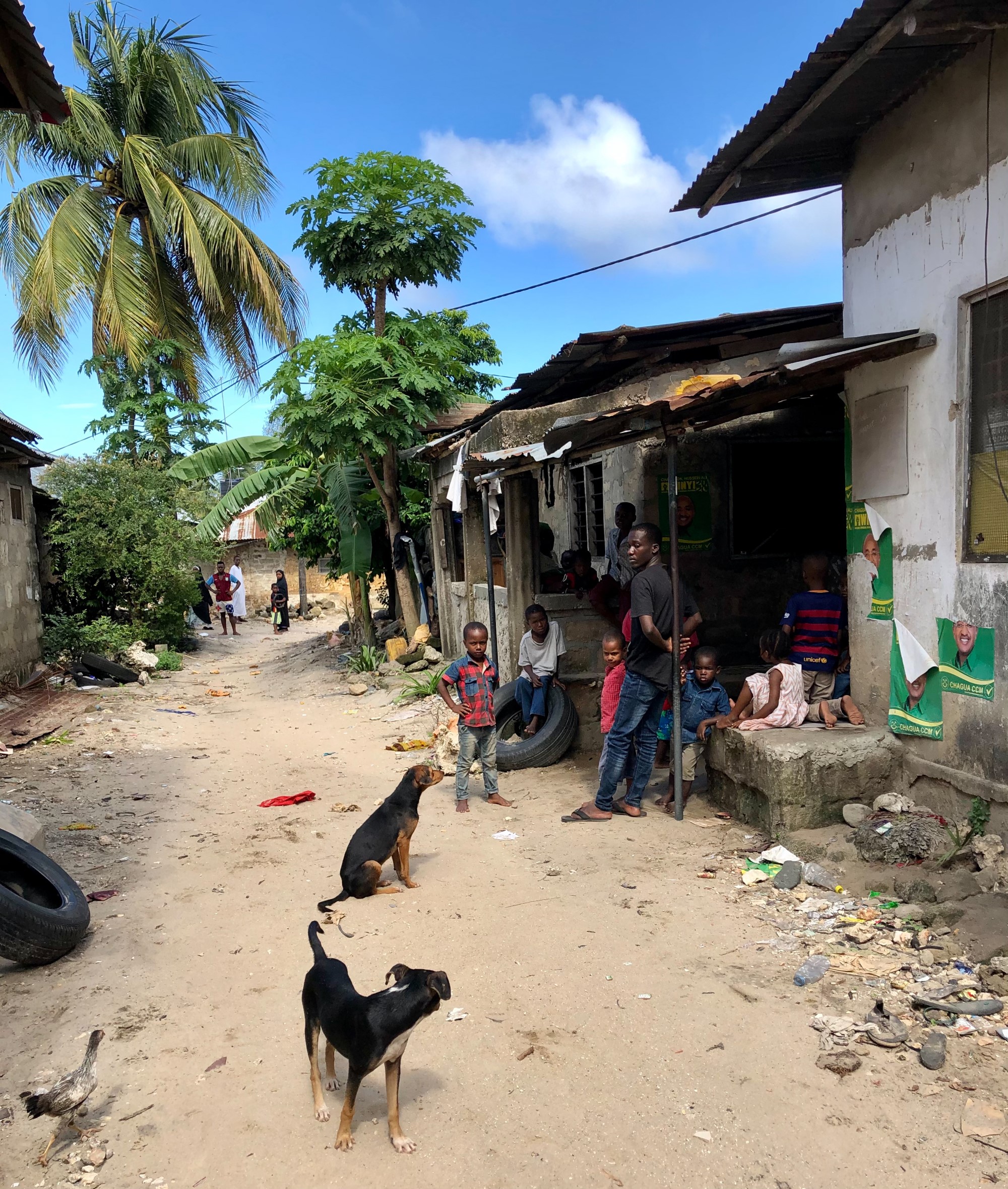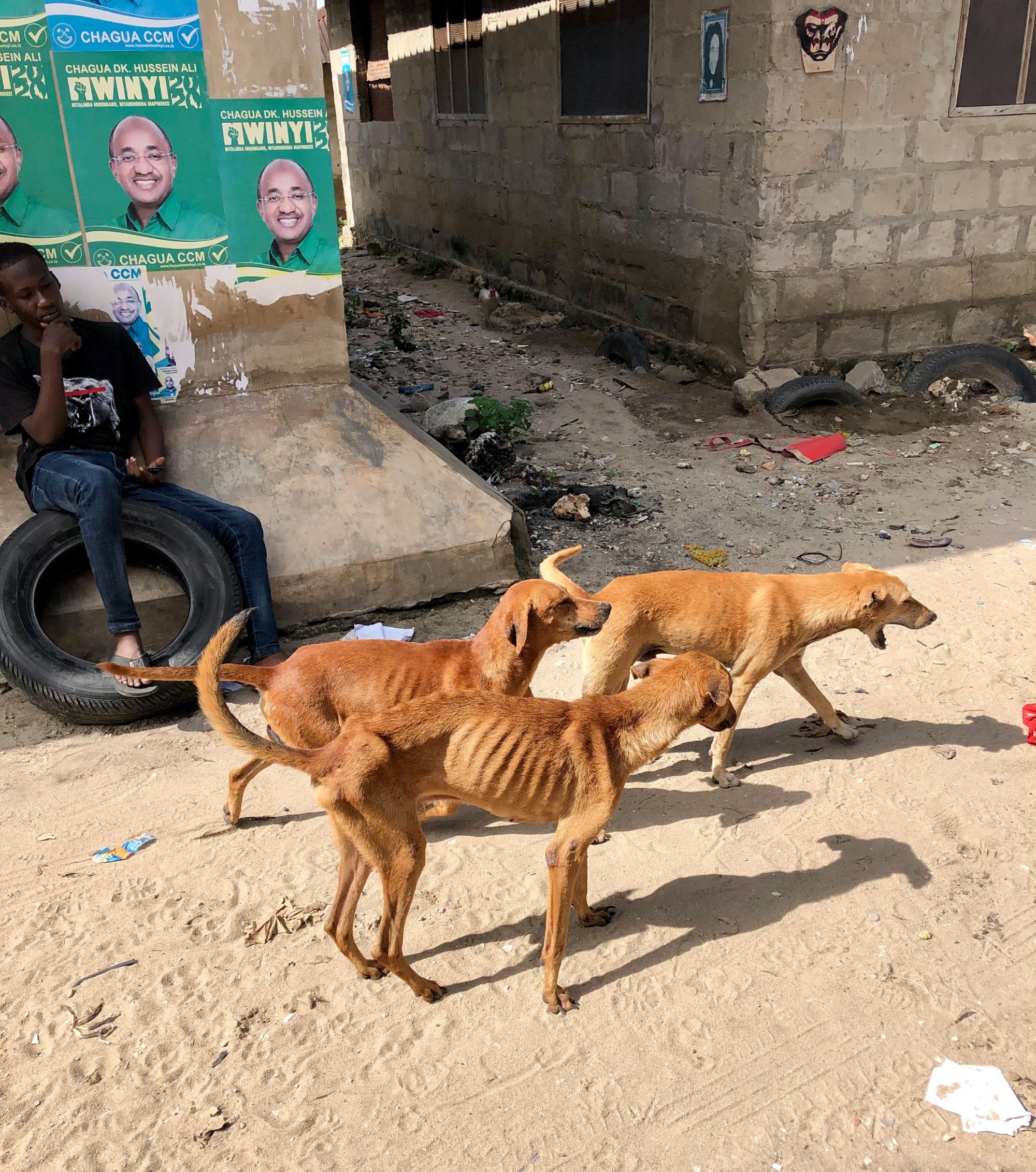An impossible choice, prevented through unwavering generosity.
A beautiful day in a small, dusty village, filled with the sound of children’s laughter, changes with the yelp of a dog. Two wailing children run to their mother. A bite from an unknown dog has changed the day into a nightmare. The parents rush – as fast as they can walk – their two boys to the local clinic to seek rabies treatment, but the clinic is out of stock. Unfortunately, this is nothing unusual. After a long and expensive journey to the closest district hospital, the parents are faced with another problem – one course of rabies post-exposure prophylaxis will cost them their entire monthly household earnings, and they simply cannot afford to help both children. They have an impossible decision to make – which child lives, and which child dies. The doctor advises that the older boy should receive the treatment as he had the more severe wounds, while his younger brother was bitten on the hand. As such, the older brother’s chances of developing rabies – a 99,9% fatal disease - are much higher. So, the older brother is chosen to live and will receive the treatment, while the younger brother must simply hope that the exposure was not fatal.
Around the world, rabies kills a child every 15 minutes. We are working to change that. This family can be considered lucky, as life-saving PEP was available, and they could save at least one of their boys. The children and parents were educated through our community programs and knew to seek treatment for rabies. Many others are not so fortunate. This is why one of our goals is to raise awareness and educate people with life-saving information, while working with governments to ensure that no more needless deaths from rabies ever occur again.
Later, we hear that the dog was hunted down and brutally stoned to death by angry community members – along with several other dogs running free around town. The people aren’t just mistrustful of dogs – they outright fear them. This is not the first case of rabies in their community, and certainly won’t be the last, unless someone intervenes. We work with governments, local organizations, and international partners in a sustainable manner to ensure that dogs become guardians against rabies, rather than bringers of death. To do this, we help develop clear strategies and mass dog vaccination campaigns to save children and dogs, in so doing helping them protect the communities in which they live.
As a charity, we rely on the generosity of our donors and partners who support our work and enable us to drive our mission to ridding the world of dog-transmitted rabies globally. For most of the donors and partners, dog rabies is not a concern where they live, yet they still choose to generously assist charities like ours, where their unwavering support impacts families and communities around the world. Here we would like to specifically thank a group of partners from the Loyens and Loeff Luxembourg law firm who grouped together to contribute, in their personal capacities, an incredibly generous EUR17,500 donation in support of the work that we do. This donation will be used to support our existing efforts to make Zanzibar rabies free, ensuring that this story becomes a story for the history books.
From the entire GARC team, we would like to thank those partners from Loyens and Loeff Luxembourg for their generous support.
Article contributed by Dr. Terence Scott. Technical Lead, Rabies (GARC).

